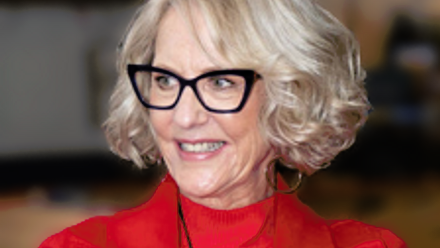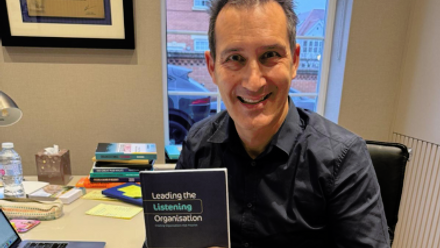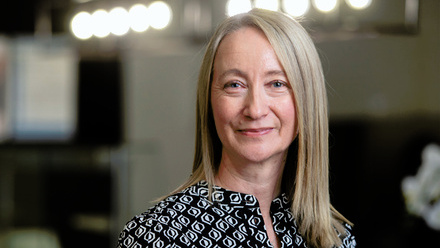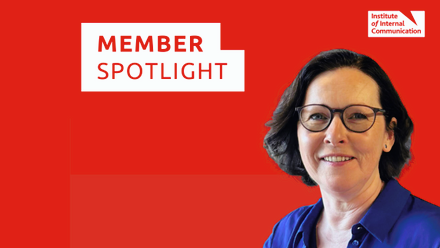I left school with three good A-Levels (all Bs in English, Communications and Theatre Studies) and a dream of being a journalist for a woman's magazine. Many people told me that work experience was more valued than qualifications in the media industry so I chose not to go to university but instead put all my efforts into writing (for free) for anyone who would give me a shot, while working full time. I was lucky enough that my first employer paid for me to train for an industry qualification in journalism and after writing for trade titles I finally landed my dream job on a woman's weekly title. The problem with having a dream though is what do you do after you've achieved it? After four years as a writer I was ready for a new challenge.
I joined a local PR agency, helping brands and businesses to promote their products and services. I loved agency life and I enjoyed shaping business narratives, but I missed telling people stories. That was when I spotted a role for an editor at an internal communications agency. The role perfectly combined my love of storytelling with my drive for helping businesses share their messaging and I couldn't have wished for a better introduction to internal communication. I worked across multiple sectors from retail to automotive; from tobacco to utilities, and wrote about all manner of subjects – in the morning it could be working on a health and safety campaign, in the afternoon it might be redefining a brand's internal tone of voice. It was varied and ever-changing, and I loved it (still do). It was in this role that I won a grant to study for a diploma in Internal Communication, where I learnt more about internal communication theory and psychology, internal communication tactics and channels, and the importance of employee engagement and employee voice.
I've since moved from agency to in-house roles where I am working more strategically, getting closer to senior leaders and decision makers and helping shape strategies on how best to talk to and with their teams. I have been involved in huge business transformation and cultural change programmes, wellbeing, diversity and inclusion initiatives, new product launches, climate change and charity activity, and employee engagement projects. There is always something new to learn, something different to try and something exciting to get involved with. Best of all I feel like I am making a real difference to the businesses I work for and to the lives of the people I work with by helping to connect them to each other and supporting them all to achieve their ambitions.
My advice would be don't let the thought of not knowing everything about a job put you off. Before entering IC I didn't have any relevant qualifications or knowledge and it didn't hold me back. And yes, you might be thinking that talking about a business plan or pension scheme would bore you to death BUT if you're the kind of person who's not willing to take what you are given at face value, can work on your own initiative with a bit of creativity, and loves to learn about people then you can be an IC practitioner!






